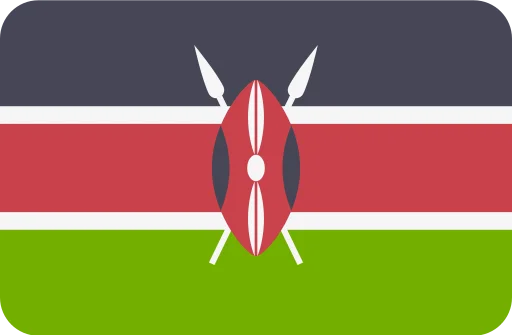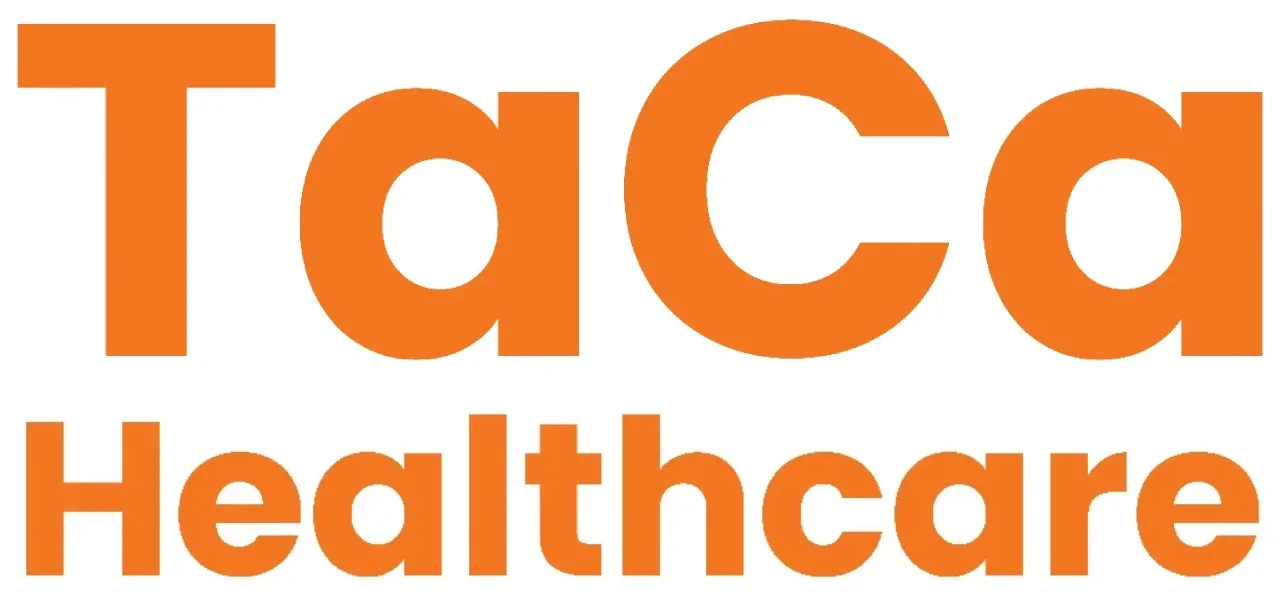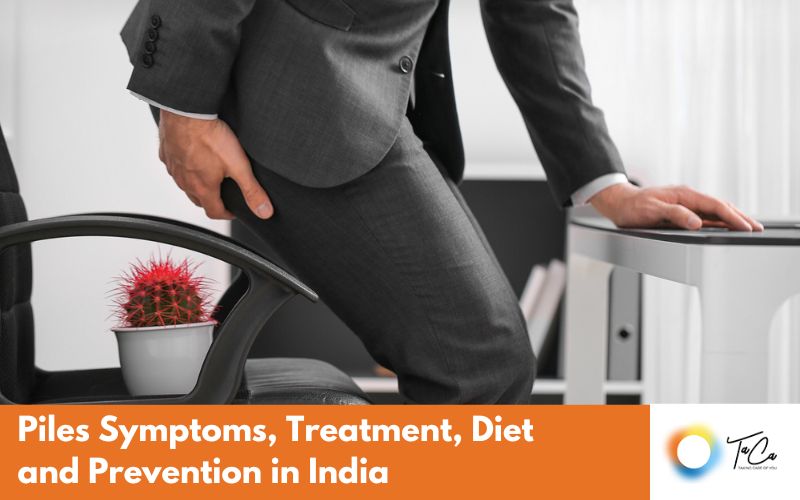Piles, also known as hemorrhoids, is a common condition affecting many Indians. It is caused by the swelling of veins in the anal region, which can lead to pain, discomfort, and bleeding during bowel movements. Despite being a widespread condition, many people are still unaware of the proper treatment methods for piles. In this article, One of the top Piles surgery specialist will explore the various symptoms, and treatment options for piles, including surgery and non-surgical methods, as well as discuss the role of diet in managing this condition.
Prevalence of Piles in India
According to a recent survey, India has one of the highest rates of piles in the world. The study showed that approximately 11% of the population suffers from piles, with a higher prevalence in urban areas. The condition is more common in men than in women, and the risk increases with age.
Symptoms of Piles
- Pain and Discomfort
One of the most common symptoms of piles is pain and discomfort in the anal region. The pain can range from mild to severe and can be described as a sharp, burning, or throbbing sensation. This pain can be exacerbated during bowel movements or prolonged periods of sitting or standing.
- Bleeding
Bleeding from the rectum or anus may be visible on toilet paper or in the toilet bowl after a bowel movement. The blood may be bright red or darker in color and can range from a few drops to a more significant amount.
- Itching and Irritation
Piles cause itching and irritation in the anal region. This itching can be persistent and may be accompanied by a burning sensation or a feeling of fullness. Scratching the area irritates the hemorrhoids and leads to more discomfort.
- Swelling and Inflammation
Swelling and inflammation around the anus can cause a feeling of fullness and discomfort in the rectal area. The inflamed tissue can also cause a lump or protrusion, which can be felt around the anus.
- Difficulty Passing Stools
Individuals with piles may experience difficulty passing stools, also known as constipation. This is because the swollen veins can make it harder to pass stools, leading to straining and more pressure on the anal region. Straining during bowel movements can further aggravate the hemorrhoids and worsen the symptoms.
- Mucus Discharge
Some people with piles may also experience a mucus discharge from the anus. This discharge can be clear or white and may occur after bowel movements or during the day.
- Anemia
In rare cases, piles can lead to anemia, a condition in which the body does not have enough healthy red blood cells to carry oxygen to the tissues. This can occur if there is significant bleeding from the hemorrhoids, leading to a loss of blood.
Treatment Options for Piles in India
There are several treatment options available for piles, including both surgical and non-surgical methods. The choice of treatment will depend on the severity of the condition and the individual’s overall health.
Non-Surgical Piles Treatment
Lifestyle Changes: Making certain lifestyle changes can help alleviate the symptoms of piles. These changes may include:
- Drinking plenty of water and staying hydrated
- Eating a high-fiber diet to help soften stools and ease bowel movements
- Engaging in regular physical activity to improve circulation and bowel movements
- Avoiding sitting for extended periods
- Practicing good hygiene, such as wiping gently after bowel movements and using moist wipes instead of toilet paper
- Medications: Over-the-counter medications, such as topical creams and ointments, can help relieve itching, pain, and swelling associated with piles. Pain relievers, such as acetaminophen or ibuprofen, may also be prescribed to ease discomfort.
Piles surgery in India
- Rubber Band Ligation: This is a common outpatient procedure used to treat piles. It involves placing a rubber band around the base of the hemorrhoid, which cuts off its blood supply, causing it to shrink and fall off within a week.
- Sclerotherapy: This procedure involves injecting a chemical solution into the hemorrhoid, causing it to shrink and eventually disappear.
- Hemorrhoidectomy: This is a surgical procedure that involves removing the hemorrhoid tissue. It is usually reserved for severe cases of piles that do not respond to other treatments.
Diet and Food Habits for Piles patients
Diet and food habits play a crucial role in managing piles or hemorrhoids. The right diet can help prevent constipation, reduce inflammation, and promote healing, which are all essential for managing piles.
Increase Fiber Intake
Fiber is an essential nutrient that plays a vital role in maintaining good digestive health. It helps to soften the stools and prevent constipation, which is a significant risk factor for piles. Good sources of fiber include fruits, vegetables, whole grains, legumes, nuts, and seeds.
It is recommended to consume at least 25-30 grams of fiber daily. Some examples of fiber-rich foods that can be included in the diet are:
- Fruits: Apples, pears, bananas, oranges, berries, mangoes
- Vegetables: Broccoli, carrots, cauliflower, spinach, kale, sweet potatoes
- Whole grains: Brown rice, quinoa, whole wheat bread, oats, barley
- Legumes: Lentils, chickpeas, black beans, kidney beans
- Nuts and seeds: Almonds, walnuts, chia seeds, flaxseeds
Stay Hydrated
Drinking enough water is essential for maintaining good bowel health and preventing constipation. Dehydration can make the stools hard and difficult to pass, leading to straining and pressure on the anus. It is recommended to drink at least 8-10 glasses of water daily.
Avoid Spicy and Fried Foods
Spicy and fried foods can irritate the digestive system and exacerbate the symptoms of piles. It is recommended to limit the intake of spicy foods such as peppers, chilies, and hot sauces. Fried foods like french fries, chicken nuggets, and fried snacks should also be avoided.
Eat Probiotic-rich Foods
Probiotic-rich foods are a good source of beneficial bacteria that can promote good gut health and reduce inflammation. Good sources of probiotics include yogurt, kefir, kimchi, sauerkraut, and other fermented foods.
Consume Anti-inflammatory Foods
Certain foods are known to have anti-inflammatory properties that can help reduce inflammation and swelling associated with piles. Good sources of anti-inflammatory foods include:
- Fruits: Blueberries, cherries, strawberries, raspberries, blackberries
- Vegetables: Leafy greens, broccoli, cauliflower, cabbage, onions, garlic
- Whole grains: Brown rice, quinoa, whole wheat bread, oats, barley
- Fatty fish: Salmon, sardines, mackerel, tuna
- Nuts and seeds: Walnuts, almonds, flaxseeds, chia seeds
Avoid Alcohol and Caffeine
Alcohol and caffeine damages the digestive system and cause dehydration, leading to constipation. It is recommended to limit the intake of alcoholic beverages and caffeine-containing beverages like coffee, tea, and soda.
Do not Delay Bowel Movements
Delaying bowel movements can lead to constipation, which is a significant risk factor for piles. It is recommended to go to the bathroom as soon as there is an urge to pass stools.
Maintain a Healthy Weight
Being overweight or obese can put extra pressure on the rectal area and increase the risk of developing piles. Maintaining a healthy weight through regular exercise and a balanced diet can help reduce the risk of piles.
How piles can be prevented for Indians? Some more things to be taken care of
- Avoid Straining During Bowel Movements
Straining during bowel movements can put pressure on the veins in the rectal area, which can increase the risk of developing piles. To prevent straining, it is recommended to:
- Take time to sit on the toilet and relax.
- Do not force bowel movements.
- Do not hold back bowel movements when there is an urge to pass stools.
- Avoid Sitting for Long Periods
- Maintain Good Hygiene
- Avoid Straining During Lifting
Straining during lifting can increase the pressure on the rectal area, which may cause piles and related issues. It is recommended to lift heavy objects using the legs rather than the back to prevent straining.
- Manage Chronic Cough
Managing chronic cough through proper treatment and lifestyle changes can help prevent piles.
That’s all about Piles as a problem, its symptoms and treatment with prevention from the top piles surgeon in Delhi






